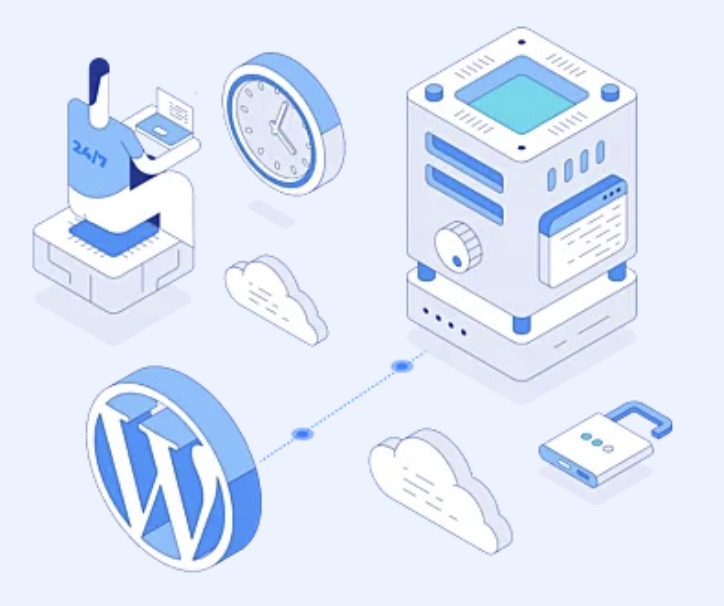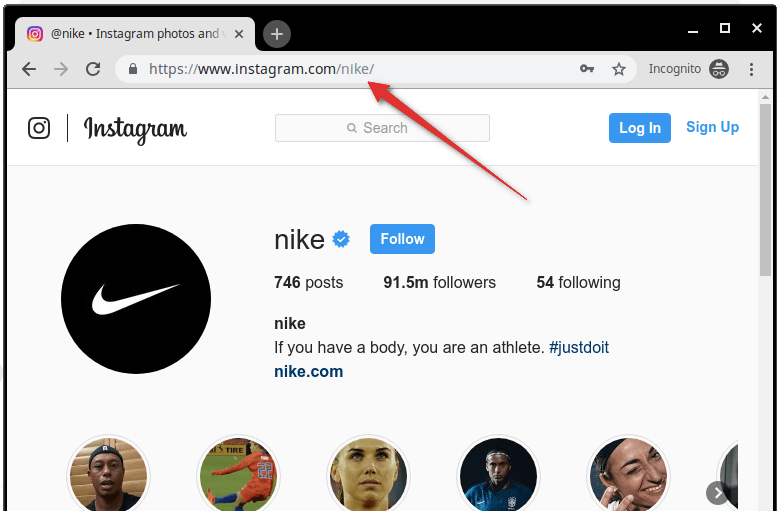Cyber Risk Management
How to Secure Your WordPress Website and Avoid Potential Threats
WordPress serves as a valuable tool for content management on websites, and although it generally maintains a level of security, it remains a target for potential hackers. Due to its widespread usage, WordPress often becomes a prime target for intrusion attempts.

Research indicates that approximately 8 out of 10 WordPress websites possess medium to high vulnerability levels. This statistic implies that despite its popularity, WordPress may not offer the security level one might assume especially for websites not using managed WordPress hosting. Nevertheless, we recommend its use, as nearly half of all websites rely on WordPress.
What Can You Do to Make Your WordPress Site Safer?
WordPress is an open-source platform, permitting anyone to modify and share its code. This attribute contributes to its adaptability and popularity but also makes it susceptible to hackers seeking weaknesses.
The task falls on users to safeguard their websites, especially if they make alterations and customizations. Unfortunately, many users neglect this responsibility, creating opportunities for hackers to exploit. For instance, some individuals attempt to manage their entire website independently instead of utilizing a managed WordPress hosting service. This approach can introduce vulnerabilities because they might overlook essential security measures, thereby compromising the site’s integrity. So, if you want to ensure the safety of your website, you need to invest in managed WordPress hosting.

6 Ways Hackers Can Attack Your Website
In this section, I will take a look at the most common ways hackers can attack your website and create issues for you and your website visitors. By knowing these potential threats, you can take a proactive approach in securing your website.
- Hidden Entrances
One way hackers can attack is by using hidden entrances called “backdoors.” This lets them get onto your site without being noticed, even if you have security measures. They might sneak in through places like WP-Admin and SFTP.
Once they’re in, they can cause a lot of damage to the server that hosts your site. This can affect all sites on that server. Backdoors might look like normal files, and they can add problems to your site if it’s not up to date.
You can stop this by using tools like SiteCheck that find these backdoors. Also, your managed WordPress hosting provider can help by finding and removing these backdoors. They use things like blocking certain connections, making you use two steps to log in, limiting who can be an admin, and stopping certain files from running.
- Intrusive Ads
Some hackers insert bad code into old versions of WordPress and its extras. This makes search engines show ads when people look up a site that’s been hacked.
This is more like spam than a virus, but search engines might block your site for spreading spam. This can be really bad for your site.
- Guessing Games
Hackers can try to guess passwords to get into your WordPress site. They use automated tools that try lots of different passwords.
To protect your site, use really strong passwords. You can also set up two-step logins, limit how many times someone can try to log in, block certain connections and watch for logins from strange devices.
- Bad Redirects
Some hackers put hidden doors into your site by sneaking in through places like FTP, SFTP, and wp-admin. They add things to your site’s code that send visitors to bad sites without them knowing.
These negative redirects often get added to important WordPress files that control your site.
- Sneaky Scripts
A sneaky script is a bit of bad code that gets put into a trustworthy website or app. The hacker sends this code to someone using the site, and it secretly steals their important info.
A lot of WordPress plugins have this issue. It’s a common way hackers attack WordPress sites.
- Blocking Out
One of the most dangerous problems is called a Denial of Service (DoS). It overloads your site’s system with mistakes in the code. Hackers have used this to make lots of money from big companies by crashing their sites.
Keeping WordPress up to date helps, but even the latest version might not stop a serious attack. It can help with smaller attacks though.
Conclusion
While WordPress remains a reliable platform for website management, it is important to remain observant against potential hacker threats. Employing the right security measures, along with a proactive approach to website protection, is crucial to ensure the integrity and safety of your WordPress site.
-

 Manage Your Business1 day ago
Manage Your Business1 day agoTOP 10 VoIP providers for Small Business in 2024
-

 Cyber Risk Management5 days ago
Cyber Risk Management5 days agoHow Much Does a Hosting Server Cost Per User for an App?
-

 Outsourcing Development5 days ago
Outsourcing Development5 days agoAll you need to know about Offshore Staff Augmentation
-

 Software Development5 days ago
Software Development5 days agoThings to consider before starting a Retail Software Development
-
Edtech1 day ago
How to fix PII_EMAIL_788859F71F6238F53EA2 Error
-

 Grow Your Business5 days ago
Grow Your Business5 days agoThe Average Size of Home Office: A Perfect Workspace
-
Solution Review5 days ago
Top 10 Best Fake ID Websites [OnlyFake?]
-
Business Imprint5 days ago
How Gaming Technologies are Transforming the Entertainment Industry









